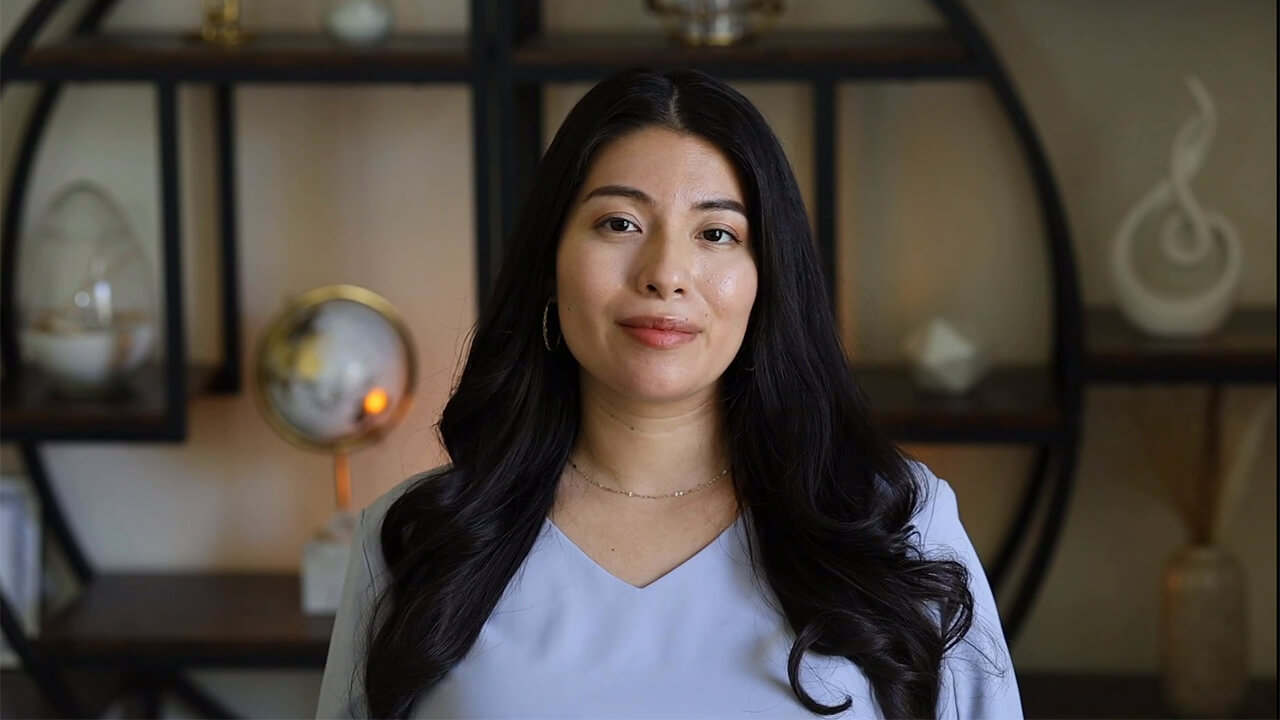
Are you seeking in-person trauma therapy in Phoenix, AZ, or online?
Taking the first steps toward connecting with a trauma therapist often occurs after a realization or recognition of patterns. Whether prompted by a thought-provoking podcast episode, a heart-to-heart conversation with a friend, or a gradual awakening to the lingering effects of past experiences, you have decided to explore local options for trauma therapy in Phoenix, AZ. This decision represents a move towards reclaiming one’s sense of self and seeking peace by proactively undoing the root of the issue rather than fighting its effects. But who do you trust with trauma-responsive and trauma-informed care?
Amidst the many types of trauma therapy in Phoenix, AZ selecting a path forward can feel overwhelming. Do you go with EMDR, ART, IFS, PIT, CBT, DBT, ACT, Existential, Gestalt, Person-Centered, Somatic Experiencing, or 400+ other types of therapy? Choosing the optimal framework and a trauma therapist you click with may feel like searching for a needle in a haystack. This is why I offer an integrative approach based on some of the most sought-after modalities for trauma therapy in Phoenix, AZ tailored specifically for you. So, if you feel like one approach is not suitable for your healing journey, it can be readily replaced without needing to retell your story or go through onboarding again.
One of the benefits of seeing a trauma therapist who embraces a holistic approach to healing trauma and PTSD is not only the ability to switch or blend different modalities but also working on stabilization of the nervous system as a number one priority.[*] Once your symptoms are relieved, your capacity to process trauma increases. We then integrate what you have learned into your daily life during the stabilization, followed by the trauma resolution phase. This approach ensures that your treatment progresses predictably, setting you up for success not only in trauma therapy but also in other challenges you may face.
Resolve your trauma type with your local trauma therapist in Phoenix, AZ
Generational Trauma
Childhood Trauma
Complex PTSD
Vicarious Trauma
Attachment Trauma
Sexual Trauma
Acute Trauma
Pain is inevitable, suffering is optional.
It is your time to heal.
BOOK YOUR FREE CONSULTATION
Trauma Therapy in Phoenix, AZ – FAQ
How is trauma therapy different from talk therapy?
Are you ready to move past just talking about your trauma and start healing? While traditional talk therapy can be helpful for life’s challenges, it’s often limited when it comes to addressing deep-seated trauma. Talk therapy mainly focuses on discussing thoughts, emotions, and beliefs. But if you’re still struggling with anxiety, guilt, or lingering pain, it might not be addressing the real source of your distress.
Trauma therapy, however, dives deeper. It engages both your mind and body, using specialized techniques to release emotional blocks and promote profound healing. As a dedicated PTSD therapist in Phoenix, I incorporate scientifically-backed methods like EMDR Therapy, ART, EMDR, IFS, PIT, mindfulness, somatic exercises, and elements of talk therapy like Dialectical Behavior Therapy and Cognitive Behavioral Therapy. These approaches go beyond just talking about trauma—they help you break free from the lasting physical and emotional effects of trauma, so you can regain a sense of peace, emotional balance, and control over your life.
If you’re ready to move from discussing the trauma to healing it, trauma therapy is your next step. Don’t settle for temporary fixes—connect with a trauma therapist who can help you overcome life’s challenges and create lasting change.
How do I know if I need trauma therapy?
If you’re experiencing flashbacks, nightmares, or overwhelming anxiety triggered by specific people or places, it’s a clear indication that something deeper needs attention. Other signs that you may benefit from reaching out to your local trauma therapist in Phoenix, AZ are feeling emotionally numb or detached, struggling to relax or feel safe, irritability, sudden mood swings, and difficulty connecting with others. If you’re unable to enjoy life or maintain healthy relationships despite your best efforts, these struggles could be signaling that there is unresolved trauma.
How long does it take to resolve trauma?
If you’re wondering how long trauma therapy will take, you’re probably asking because you want to know when you’ll start feeling better. The truth is, while the journey may take time, wouldn’t you rather invest that time now for lasting healing rather than chase quick fixes that leave you stuck in the same cycle?
The truth is trauma therapy isn’t a one-size-fits-all solution, and trying to rush the process often leads to disappointment and setbacks. Without adequate time for establishing safety and stabilization, the risk of stalling progress or even worsening symptoms skyrockets. Far too often, “quick fix” therapies promise too much and deliver too little, leaving you stuck, disillusioned, and with empty pockets.
Predictable, meaningful, lasting change happens when you give yourself the time to heal. Therefore, early on, as part of trauma therapy in Phoenix, AZ, you will receive a tailored treatment plan. As you progress through it without skipping steps and cutting corners, not only are you expected to notice shifts within yourself in a reasonable amount of time, but your family members and friends start to see positive changes as well. This path is a proven way to get the results you want in your life.
What does successful trauma resolution look like?
It varies from person to person since trauma is relative to the individual. Here are a few examples:
- Trauma loses its emotional charge, so recounting trauma memories no longer triggers hyperarousal, dissociation, or similar responses.
- Symptoms related to the trauma memory and PTSD have diminished or fully resolved.
- You no longer avoid reminders of the trauma.
- You are fully participating in everyday life.
- Your nervous system returns to normal after everyday stress.
What if I can’t remember my trauma?
Not remembering your trauma doesn’t prevent you from healing. Here’s how therapy can still be effective:
1. Present vs. Past Focus:
- Trauma Recovery: This approach emphasizes managing the present effects of trauma on your life. The goal is to develop skills to reduce the impact of trauma-related symptoms, improving your quality of life without necessarily recalling specific traumatic memories.
- Trauma Memory Resolution: This involves exploring and processing traumatic memories. While this can be beneficial, it is not strictly necessary for healing.
2. Stability of the Past:
- The past is unchangeable; what happened cannot be altered, certainly not via trauma therapy in my Phoenix office. However, we can work with the glimpses and adaptations resulting from past events.
- Even if specific traumatic memories are not immediately accessible, therapy can help address their effects on the present. Some memories may resurface as trauma blocks are removed, allowing us to apply a full range of modalities from a more commonly used angle.
3. Changing the Present:
- The primary aim of trauma therapy is to change the impact the past has on your present and future.
- Therapy can help you build resilience, develop strategies to diminish the symptoms, and reduce trauma’s hold on your life without needing to recall specific traumatic events. This approach focuses on current well-being and future improvement.
I struggle with other challenges besides trauma
It is rare to see someone struggling with an isolated challenge. Trauma therapy is one of the many services I offer in my practice in Phoenix, AZ. Other specialties include anxiety disorders, depression, dissociative disorders, relational distress, and others.
How do I begin trauma therapy in-person in Phoenix?
Feel free to send me a request for consultation, and I will reach out to you promptly.
Can trauma therapy be done remotely?
Yes, the same services, including trauma therapy, are also available online. If you cannot make it to my office in person, I use a private, quality telehealth setup with a professional camera and microphone. Whether you live in Flagstaff, Tucson, Yuma, or any rural area, you can still access some of the best modalities developed for online therapy in Arizona.
There is also an option to combine in-person and online sessions for additional flexibility. My office is conveniently located in Deer Valley, Phoenix and is easily accessible to residents of Deer Valley, Happy Valley, Arrowhead Ranch, Cave Creek, Glendale, Peoria, Surprise, North Scottsdale, some of the wider Greater Phoenix areas, and even the more remote communities of Anthem and New River due to proximity to I-17.









